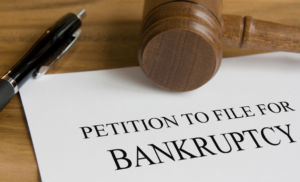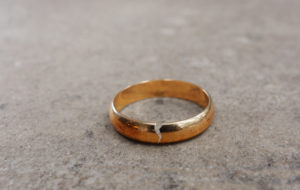File Bankruptcy Yourself – Not a Good Idea
File Bankruptcy Yourself
Beyond having the necessary information, there are documents that are required be provided to the court and to the bankruptcy trustee should you decide to file bankruptcy yourself. The additional items are generally divided into two groups: (1) Items that are absolutely necessary; and (2) items that are strongly recommended to have on file. There are some items that are absolutely necessary. Generally speaking, debtors must provide three items in addition to all the information.  These items are:
These items are:
(1) Paycheck stubs for the last 60 days (for debtors who draw social security benefits, a simple signed statement or affidavit may suffice, depending on the practices of the jurisdiction);
(2) A copy of the debtors’ most recent federal tax return (four years’ tax returns for Chapter 13); and
(3) The debtors must take a pre-filing credit counseling class at least one day prior to filing for bankruptcy.
Most Chicago bankruptcy attorneys will also want the fee paid in full prior to filing, for a variety of reasons.
There are some items that are strongly recommended: the following is a list of things that are recommended to have on hand prior to filing a given bankruptcy case. Some of these items are bankruptcy basics and some of them are case-specific and may be necessary in some situations.
Written market valuations or appraisals for any property that can potentially have equity.
Bank statements for the last few months.
Written appraisals or valuations for vehicles or personal property that may have equity (such as jewelry or antiques).
The first monthly plan payment in a Chapter 13 case, to be forwarded to the Chapter 13 trustee.
Six months of paystubs (to properly calculate Form 22 in means test cases).
HUD or closing statements for all properties sold or transferred within the last four years.
Copies of all lawsuits or court documents filed against the debtor.
The names and contact information for any attorney handling a debtor’s lawsuit or claim for potential money damages (personal injury or workers’ compensation).
Business records and profit/loss statements for self-employed debtors.
Whichever chapter you wind up filing under, make sure that know all of your bankruptcy options. Every case is not one of Chapter 7. Sometimes a case can start out as a Chapter 13 and be later converted to a Chapter 7. If you are filing pro se, the court, the trustee and the clerk’s office will expect that you file with the same skill as if you were represented by counsel. Please visit our website:
More information here:http://www.sanantoniolegalexperts.com or on this website




